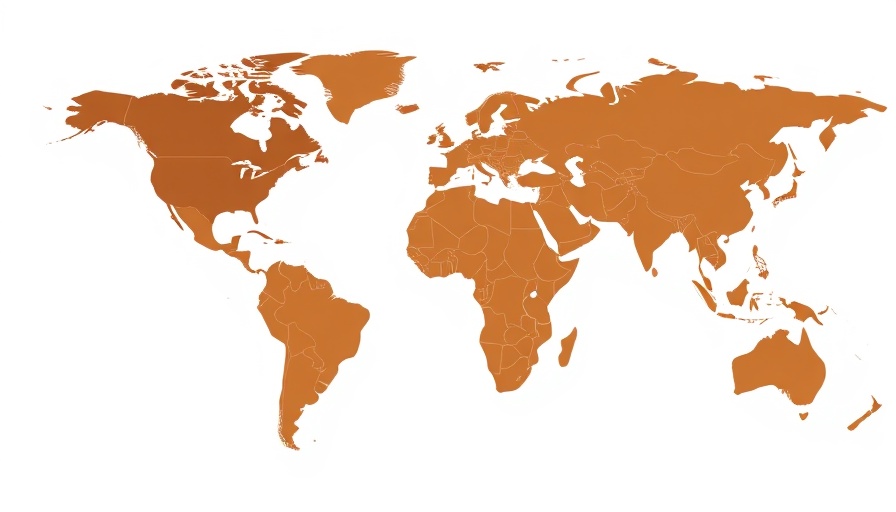
The Importance of Focal Points in Global Health Security
In a world increasingly interconnected yet fraught with health threats, the role of National (or equivalent) Focal Points (NFPs) cannot be overstated. Under the International Health Regulations (IHR), these representatives serve as essential channels for countries to implement and communicate health measures to manage emergencies effectively. As the WHO prepares to hold the European International Health Regulations National Focal Point workshop from June 3 to June 5, 2025, we reflect on why these gatherings are critical for enhancing our global health architecture.
Strengthening Capacities Holistically
The workshop aims not just to share updates on IHR developments, but also to create a vibrant community among health leaders in the European region. By fostering peer-to-peer exchanges, the initiative allows NFPs to share their unique experiences and best practices in tackling disease outbreaks, a strategy that has proved vital in recent years.
With the persistent threat of pandemic events looming globally, this collaborative approach is timely. NFPs are equipped to facilitate rapid response to public health emergencies, ensuring that effective measures are implemented to safeguard populations.
Real-World Implications of Collaborative Learning
Consider the outbreak of COVID-19. Countries that had effective communication channels between their NFPs and WHO showed markedly different outcomes in terms of management and mitigation. These experiences underscore the importance of ongoing dialogue among health authorities to respond effectively to crises. The workshop will also introduce the European National IHR Focal Points Knowledge Network, which aims to standardize information sharing across borders.
Future of Public Health: Predictions and Opportunities
The goals of the workshop go beyond immediate updates and training; they open a window into the future of collaboration in health management. Experts predict that as environmental policy efforts continue to evolve alongside digital health advancements, the tools and frameworks developed during such workshops will shape international health governance significantly.
Addressing Mutual Interests for Improved Collaboration
The face-to-face discussions at the workshop will serve as a platform to uncover shared challenges and opportunities among NFPs and their partners. This robust engagement is vital for harmonizing strategies that can address not only diseases but also the broader determinants of health affected by global issues like pollution and deforestation.
Interactive Discussions: Learning from the Field
Workshops often tend to involve listening to presentations, but this one promises a dynamic exchange of ideas through interactive discussion sessions. By emphasizing collective learning and problem-solving, participants will be encouraged to think deeply about the public health landscape and their roles within it.
A Call to Action: Participate in Health Security
This workshop is an essential step in strengthening collaboration among nations to address international health crises effectively. Furthermore, these meetings highlight the urgency of global awareness regarding health security. Whether through personal activism or community involvement, you can contribute to this critical mission. Engage in local health initiatives today, and advocate for policies that prioritize public health!
Conclusion: The Path Ahead in Health Governance
As we look forward to the 2025 European International Health Regulations workshop, it serves as a potent reminder of the collective responsibility we share in preventing and responding to health threats. By enhancing our international framework, enabling knowledge exchange, and fostering partnerships, we can create a healthier and safer world for generations to come.
 Add Row
Add Row  Add
Add 




Write A Comment